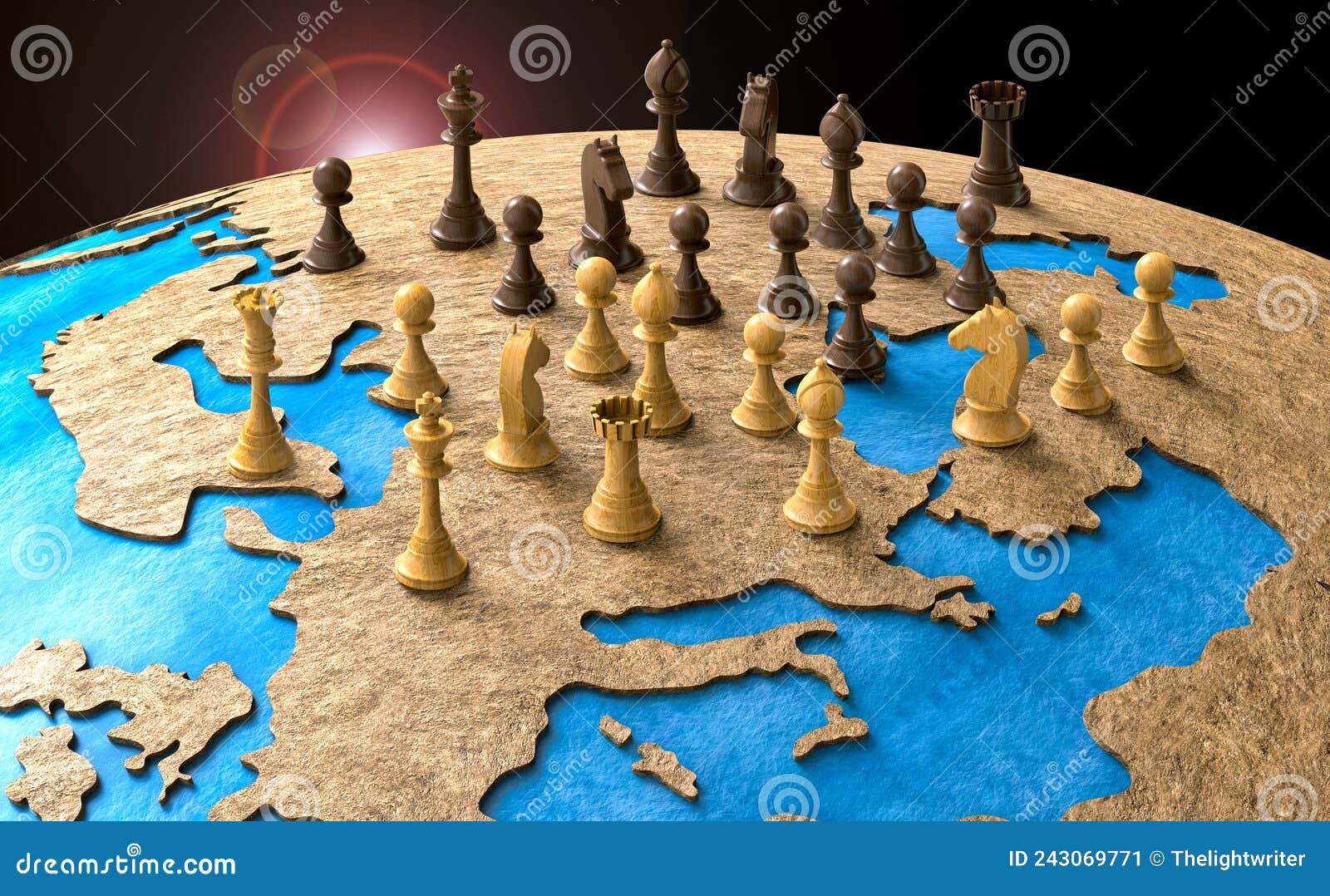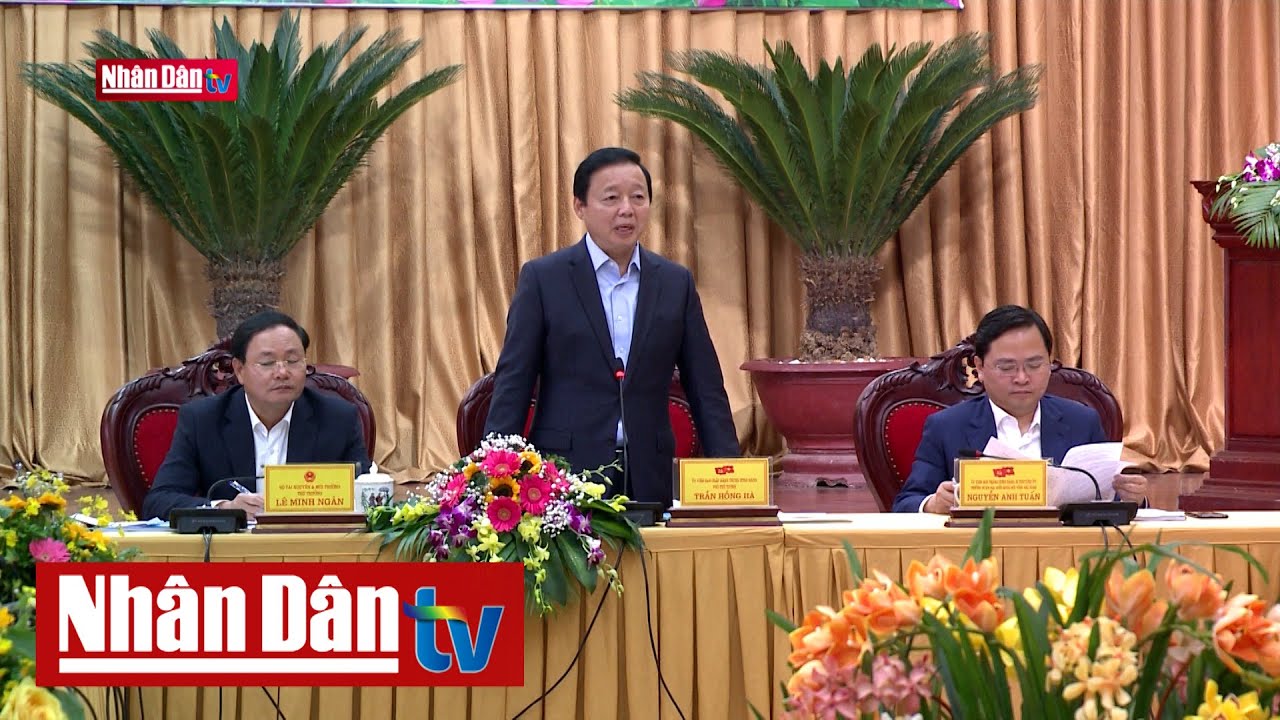The Great Decoupling: Implications For Global Economics And Geopolitics

Table of Contents
Economic Implications of the Great Decoupling
Restructuring of Global Supply Chains
The era of hyper-globalization, characterized by efficient, globally integrated supply chains, is facing a significant challenge. The Great Decoupling is driving a shift towards regionalization and diversification. Companies are increasingly "onshoring" – bringing production back to their home countries – or "nearshoring" – relocating production to nearby countries. This trend is motivated by a desire to reduce reliance on distant suppliers, mitigate geopolitical risks, and enhance supply chain resilience. The impact is multifaceted:
- Increased production costs: Onshoring and nearshoring often lead to higher labor and transportation costs, impacting manufacturing efficiency and potentially increasing the final price for consumers.
- Potential for supply chain disruptions: While aiming to reduce reliance on single sources, the transition itself can create temporary disruptions as companies restructure their operations.
- Rise of regional trade blocs: We are likely to see a growth in regional trade agreements and economic partnerships, as countries prioritize closer ties with their neighbors.
Inflationary Pressures and Economic Instability
The Great Decoupling is a significant contributing factor to inflationary pressures globally. Disruptions to established supply chains, increased transportation costs due to geopolitical uncertainties and regionalization, and reduced trade flows all contribute to higher prices for goods and services. This, in turn, can lead to:
- Higher consumer prices: Consumers are already feeling the pinch of inflation, and the effects of decoupling are likely to exacerbate this trend.
- Increased volatility in financial markets: Uncertainty surrounding global supply chains and geopolitical stability can trigger volatility in stock markets and other financial instruments.
- Potential for trade wars: As countries prioritize their own interests and seek to protect domestic industries, the risk of escalating trade conflicts significantly increases.
Impact on Emerging Markets
Developing economies, often heavily reliant on global trade and foreign direct investment (FDI), are particularly vulnerable to the effects of The Great Decoupling. The shift towards regionalization could:
- Reduce export opportunities: Emerging markets that heavily rely on exporting goods to developed nations may face reduced demand.
- Decrease foreign direct investment: Companies may be less inclined to invest in emerging markets if they are prioritizing regionalization and reducing global dependencies.
- Increase economic vulnerability: This combination of reduced exports and FDI can lead to slower economic growth, increased unemployment, and heightened economic instability, potentially increasing poverty levels.
Geopolitical Implications of the Great Decoupling
Rise of Geoeconomic Competition
The Great Decoupling is fueling intense geoeconomic competition, primarily between major global powers like the US and China. Economic tools are increasingly used as weapons in geopolitical strategies, leading to:
- Trade sanctions: Countries are imposing tariffs and other trade restrictions to protect their domestic industries and exert pressure on rivals.
- Technology restrictions: Access to advanced technologies is being used as a bargaining chip and a means of gaining strategic advantage.
- Investment limitations: Governments are increasingly scrutinizing foreign investments, particularly from countries viewed as geopolitical rivals.
Shifting Alliances and Bloc Formation
The changing global landscape is fostering the formation of new political and economic alliances based on shared interests and values. This realignment of global power dynamics includes:
- Strengthening of regional trade agreements: Countries are prioritizing cooperation with their neighbors to create more resilient and self-sufficient regional economic blocs.
- Formation of new security partnerships: Geopolitical risks are driving countries to forge new alliances for mutual security and defense.
Increased Risk of Conflict
The economic competition and geopolitical rivalry fueled by The Great Decoupling raise the risk of increased tensions and even armed conflict. This includes:
- Heightened risk of trade wars: Escalating trade disputes could spill over into broader geopolitical confrontations.
- Increased military spending: Countries are likely to increase their defense budgets in response to perceived threats.
- Potential for regional conflicts: Competition for resources and influence could spark conflicts in various regions of the world.
Conclusion
The Great Decoupling presents a complex and multifaceted challenge to the global economic and political order. Its implications, including the restructuring of global supply chains, inflationary pressures, heightened geoeconomic competition, and increased risk of conflict, are profound and far-reaching. Understanding the long-term consequences of this shift is crucial for navigating the uncertain future. To better grasp the complexities and implications, further exploration into specific aspects of The Great Decoupling is essential. We encourage you to delve deeper into the effects on your specific region or industry, ultimately contributing to a more nuanced understanding of this transformative global phenomenon and effectively analyzing the Great Decoupling’s impact on your own sphere of influence. By actively engaging with this critical issue, we can better prepare ourselves for navigating the complexities of the new global landscape.

Featured Posts
-
 Aeroport Permi Zakryt Podrobnosti O Snegopade I Zaderzhkakh Reysov
May 09, 2025
Aeroport Permi Zakryt Podrobnosti O Snegopade I Zaderzhkakh Reysov
May 09, 2025 -
 Anomalnye Snegopady V Mae Problemy Meteoprognozov
May 09, 2025
Anomalnye Snegopady V Mae Problemy Meteoprognozov
May 09, 2025 -
 Vu Viec Tien Giang Phai Chang Can Co Quy Dinh Chat Che Hon Ve Giu Tre
May 09, 2025
Vu Viec Tien Giang Phai Chang Can Co Quy Dinh Chat Che Hon Ve Giu Tre
May 09, 2025 -
 Daycare Costs Soar After Initial 3 000 Babysitting Expense
May 09, 2025
Daycare Costs Soar After Initial 3 000 Babysitting Expense
May 09, 2025 -
 Concertation Achevee Le Conseil Metropolitain De Dijon Approuve La 3e Ligne De Tramway
May 09, 2025
Concertation Achevee Le Conseil Metropolitain De Dijon Approuve La 3e Ligne De Tramway
May 09, 2025
